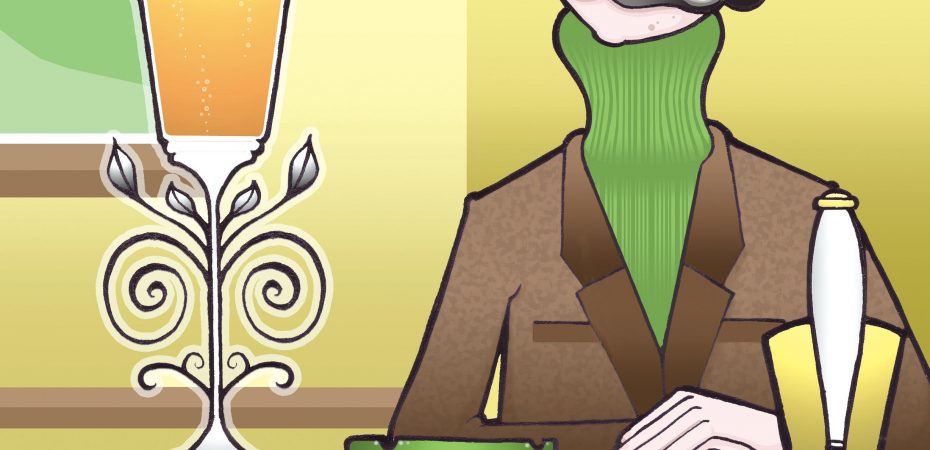If you’re serious about wine, you’d probably need an extension on the side of the house to accommodate your glass collection. Austrian wine maker Riedel was one of the first glassware manufacturers to recognise the profound effect the shape and quality of a glass could have on the aroma, taste and overall enjoyment of its contents.
Following a pioneering study that began in the late 1950s to match glass shapes to different wine and spirit styles, you’ll today find dedicated Riedel glasses for wine styles such as Bordeaux Grand Cru, mature Bordeaux, Chablis, Montrachet, to name but a few. Cynics might suggest the approach is simply an excuse to persuade people to part with more cash, but anyone who has attended one of Riedel’s Masterclasses will vouch for the effectiveness of their wisdom. However with prices ranging from around £5 to £60 a glass (or stem as it’s known in the business), you can see that dedicated Riedel followers also need deep pockets as well as plenty of storage space.
While there are as many, if not more, different styles of beer glass in existence, the industry has been far less scientific in its approach to matching individual beers to their serving medium. In Belgium there are literally hundreds of different glasses designed to be served with specific beers; witness www.sonverre.be where you will find a collection that would put many a Riedel enthusiast to shame.
Yet, while it would be imprudent to suggest that the glassware used by Belgium breweries doesn’t improve the taste of their contents, the design of the glasses is often influenced by tradition, branding and the need to ‘stand out from the crowd’ as much as function and taste. As Steve McGraw, managing director of Riedel UK, notes: “Most beer glasses are still a style statement, rather than an attempt to best bring out the flavours of the beer.”
The United Kingdom beer market is still many moons behind its Belgium counterpart. As Ian Bailey, a director of ADIT the UK representative of the German glassmakers Schott Zwiesel, confirms: “Beer glass design, particularly in this country, has traditionally been a limited area of activity.” He goes on to observe that much of the focus on glassware is aimed at helping pubs and bars rather than the drinker. For example, soda-lime glass is normally used due to its low cost and durability (less breakages), while straight beer glasses have replaced the traditional tankard in most pubs as they are easier to store, can be stacked during collection and present the beer more attractively.
Article continues in Beers of the World Magazine Issue 12

